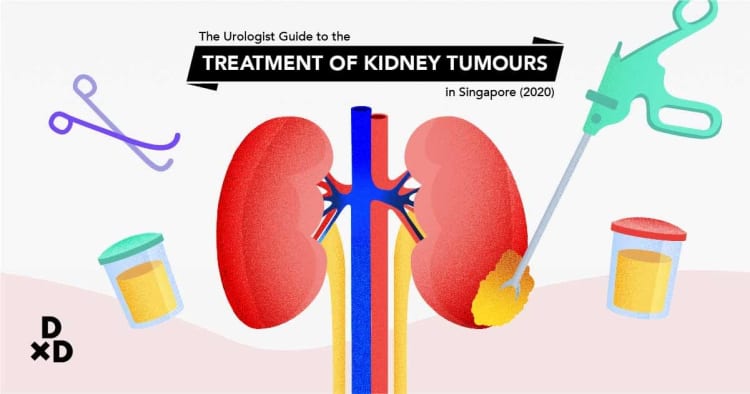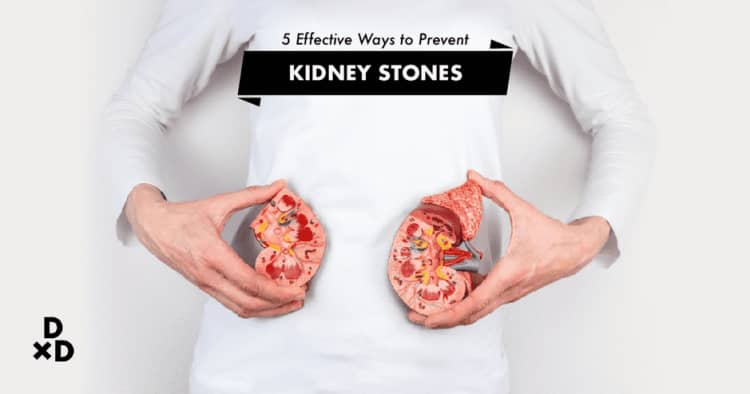UTI is bothersome and can happen to anyone. Most of the time, UTI occurs among women. However, men can also be exposed to UTI.
My name is Dr Lincoln Tan, I am a urologist at Tan Urology. In this article, I would like to share my knowledge about UTI that might be helpful for you.
What is UTI?
A urinary tract infection (UTI) refers to an infection in your urinary system, which includes your kidneys, bladder, ureters and urethra. Most cases of UTI involve the lower urinary tract, i.e. the bladder and the urethra. One of the tell-tale signs of UTI is the frequent urge to pee, as the body reacts by trying to flush it out.
Statistically, UTIs occur more often in women than in men. One in every two women will get a UTI during their lifetime. UTIs are also common among babies and the elderly [1].
How do I get UTI?
UTI is commonly caused by E. Coli bacteria. E. Coli or escherichia coli is a bacteria that normally lives in healthy people and animal’s intestines.[2] In some cases, different bacteria can be the cause of UTI. The condition often affects females more often than men because women have a shorter urethra. Sexual activity can also be one of the risk factors for developing UTI. Birth control methods such as the usage of diaphragms can increase the risk of UTI. Due to decreased estrogen levels, UTI can occur during menopause. [3]
UTI for men is typically caused by the bacteria that is already present in the man’s urinary tract. However, there are also certain conditions that may be linked to increased risk of bladder infections for men. This includes an enlarged prostate, kidney stones, abnormal narrowing of the urethra, as well as if the man just recently underwent catheterisation or cystoscopy. [4]
What are the types and symptoms of UTI?

There are 3 types of UTIs:
Cystitis
Cystitis is the most common type of UTI. The symptoms may include:
- Painful burning sensation during urination (Dysuria)
- Frequent urination
- Difficulty postponing urination
- Pain over the lower abdomen
- Fever
You can also notice the sign of Cystitis if you have a feeling of pressure or tenderness in your lower abdomen when it is pressed.
Urethritis
Urethritis is an infection of the tube that drains urine from the bladder (urethra). Urethritis is caused by:
- E. Coli bacteria
- Gonococcus
- Chlamydia Trachomatis
Gonococcus and Chlamydia are usually transmitted sexually. They are also bacteria that cause Gonorrhoea and Chlamydia. Urethritis can give you difficulties in starting urination and can also give you the urgent need to urinate. You can also experience pain during sex and discharge from the urethral opening. Additionally, some of my male patients also suffer from blood in the semen or urine. [5]
Pyelonephritis
Pyelonephritis is the infection of the kidney. If you have Pyelonephritis, you will experience:
- Back pain to the left or right of the spine
- Fever
- Chills
- Nausea
- Loss of appetite
Additionally, Pyelonephritis can be diagnosed when there is tenderness of the loin when it is pressed. This tenderness is called a positive renal punch.
How to treat UTI?

UTI can be cured by taking antibiotics. However, some people can also develop resistance to antibiotics if they have been prescribed the same course of antibiotics repeatedly. Therefore, there are ways that you can try to treat and prevent UTI [6]:
- Drink plenty of water. It can decrease the risk of UTI by removing bacteria through urinating.
- Get more vitamin C. It helps to turn your urine acidic, which then kills the bacteria.
- Consume cranberries. [7]
- Take probiotics. [8]
- Make a habit to urinate before and after sex.
What are the side effects of antibiotic treatment?
Side effects of antibiotic treatment include [9]:
- Rash
- Diarrhoea
- Nausea/vomiting
- Headache
- Tendon or nerve damage
What should I do if antibiotics aren’t helping?
If UTI symptoms do not resolve with antibiotics, the possibilities are either:
- You have a UTI that is resistant to the antibiotic used. Often antibiotics are prescribed empirically (meaning without laboratory evidence of the type of bacteria that is causing the infection). Sometimes, this is wrong and the antibiotic prescribed is ineffective against the bacteria causing the UTI.
- The symptoms you are experiencing are not caused by UTI. Other conditions such as urinary tract stones or bladder cancer have symptoms such as blood in the urine or irritative urinary symptoms like urinary frequency and urgency. These conditions will not improve with antibiotics.
It is important to consult your doctor before persisting or halting treatment. Changing or stopping treatment can result in resistance to antibiotics. [10]
Before you go

UTI is common, especially amongst women, children, and older people. In most cases, UTI can be cured quickly if it is diagnosed early and treated as soon as possible. There are ways to prevent UTI as I have mentioned above. If your body is resistant to antibiotics, then I would suggest you see your doctor for a urine culture. This can help identify what bacteria is causing the UTI. Once the bacteria is identified and the appropriate antibiotic is given, the symptoms should resolve.
If the urine culture is negative and symptoms persist, it is highly recommended you seek the medical assistance of a urologist to exclude other causes of your symptoms.
Dr Lincoln Tan is a urologist at Tan Urology, Gleneagles Medical Centre. He specialises in urologic cancer care and treatment. On top of his practice, he is also the chairman of the Singapore Cancer Society’s (SCS) Prostate Cancer Survivorship Advisory Panel.
Read more from Dr Lincoln Tan in his Q&A here.
Would you like to ask any related health questions?
You can Ask A Doctor right away, or view the complete list of Human Sessions.








